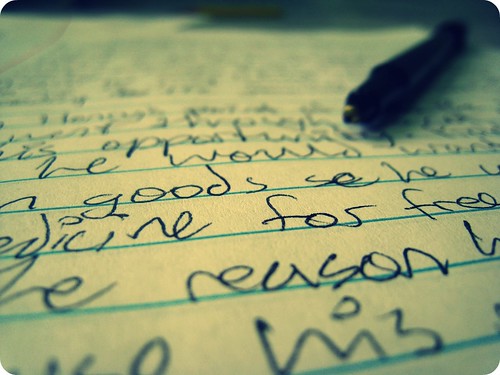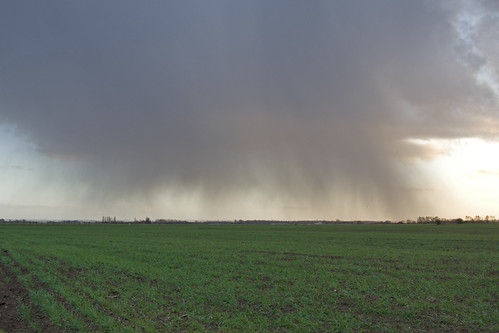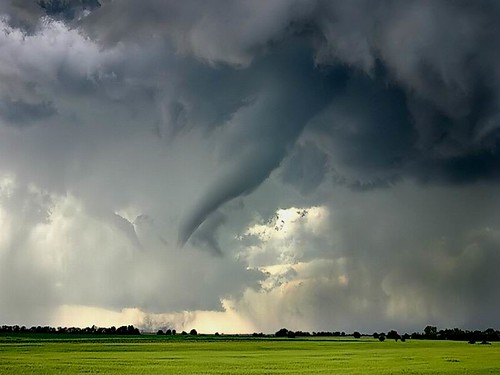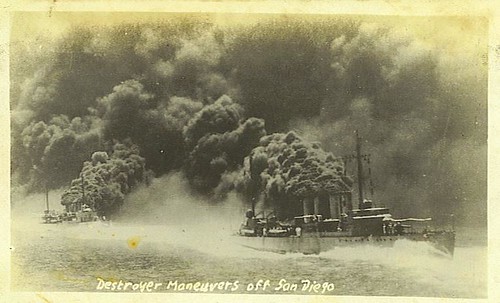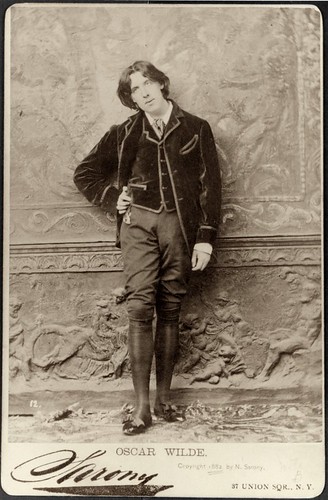fermata
In music, a fermata is a pause on a note or a rest - its length determined by the conductor or the musician, usually to close a piece. This bird's eye symbol is known as an extended rest. It is from the Italian verb fermare, meaning "to stop."
Extended Rest by Mike Corpus
I began the morning with another insightful post from Writer Unboxed, written by Barbara O'Neal on "Boundaries and Burnout." She reminds us about the importance of resting in the midst of our work, allowing ourselves to play, our minds to wander and relax. There is a lot of pressure out there for writers to write-write-write, amping up word counts and producing book after book after book. Which is one reason I shy away from (well-intenioned) Twitter advice these days - they tell me that once I've begun sending query letters to agents on my novel, I need to dive RIGHT AWAY into a new project. There is a sense of immediacy in this world - to WASTE NO TIME, to be the early bird catching that worm, or a tireless writer, with stories pouring out right and left. As if story-dehydration, or burn-out, is no real problem. But it's been a good four months since I began the querying journey, and the second novel has informed me that on no certain terms will he (yes, he) be rushed. Am I a failure for listening to the needs of this novel? Am I using it an excuse to "goof off"?
No. I'm not goofing off. I'm resting. Believe me, I am forming the internal structure of novel no. 2 and asking deep (and sometimes difficult) questions about the direction this story will go. I don't call that idleness. Also, I've taken the time to absorb novels - particularly those in my own genre - to identify passages that move me, taking notes, articulating to myself why this or that works or doesn't work. I allow myself to get swept away in soundtrack music to chase the daydream of what my novel could be. (By the way, if you've never heard Two Steps from Hell, you're missing out: awesome movie trailer soundtrack music, not heavy metal.) In this case, work is play.
But rest is more than simply allowing a story to incubate and letting it cook on its own. Resting in everyday life is helpful with the writing aspect of it. For example, I hate going to the Y. I hate exercising. The idea of making an appointment with a piece of equipment in a noisy building full of sweaty (sometimes loud) people doesn't always appeal, even if the elliptical is a cardio wonder machine. Walking quietly and at my own pace is restful and healthy - a sort of exercise that is not a shock to the system, but a sustained movement that helps the thinking process. I've started learning yoga, as well, because it's an interesting balance of endurance and rest - clearing the mind as well as folding and flexing the body.
In the midst of this fermata, I read and walk, brainstorm, make plans to plant a little indoor garden using eggshells (and figuring out how to hollow out an egg and poke drain holes in the bottom without the thing breaking apart). I sleep in on Saturdays and enjoy it. I'm clearing out my older no-longer-me clothes from my wardrobe and investing in red heels, changing my hair style, trying new recipes, playing with the cat, watching the occasional Dickensian mini-series, reading what I've never read before, getting swept up in spring fever. In this time, I feel that my wings are growing and extending, not shrinking. So instead of freaking out because I didn't meet a word-count quota or have gone "no where" with this novel, I am breathing deeply and feeling my way forward. There is no need to feel any guilt or panic because there is no deadline. There is no one breathing down my neck. There is just the story and getting to know him better everyday, forming a friendship with this living thing that will be with me for the next 2-3 years.
So here I am, still coming down from osana. I'll stay here until it's time to get up again.
Namaste.











